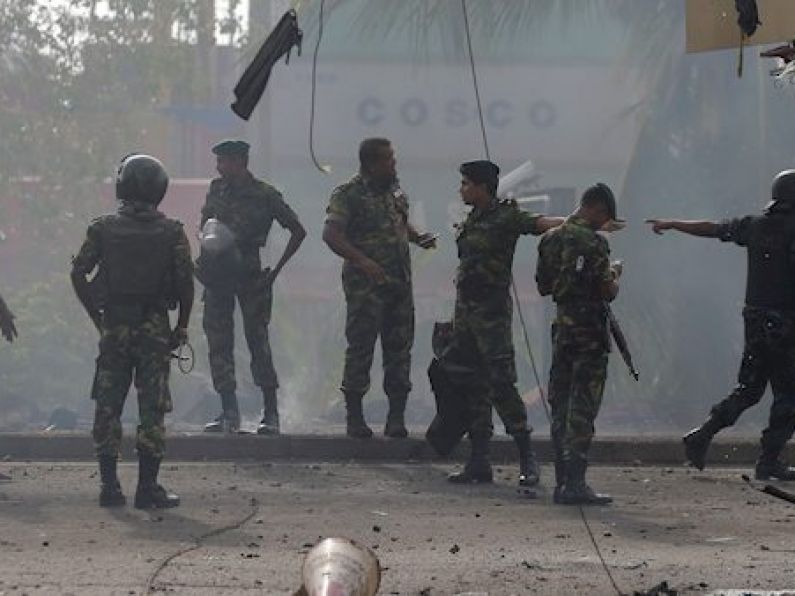Irish tourists in Sri Lanka have been advised to stay indoors after a wave of bombings on Easter Sunday killed 290 people and left more than 500 injured.
The Sri Lankan government has invoked emergency powers in the wake of the attacks on hotels and churches. More than 20 people have been arrested.
The Irish Travel Agents Association (ITAA) has advised holidaymakers in the country to follow the advice of the Department of Foreign Affairs, Sri Lankan local authorities and accommodation providers.
Travellers are advised to stay indoors where possible and to avoid large gatherings. They are also told to heed local travel restrictions and curfews, which are in place across the island.
A national curfew has been announced by the Sri Lankan government but passengers are still able to travel to the airport, providing you have both a passport and ticket valid for travel that day.
The airport is still operating but there are increased security to measures in place. Some airlines are advising travellers to arrive early for check-in in order to allow time for security screening.
There is no Irish embassy or consulate in Sri Lanka. Holidaymakers are advised to contact the honorary consul in Columbo on +94 (11) 258 7895 or the Department of Foreign Affairs in Dublin on 01 408 2000.
Tánaiste and Minister for Foreign Affairs Simon Coveney condemned the attacks.
"No political or other cause can justify or excuse the bombing of people at worship or simply going about their daily lives. I express my sympathy to the families of those who have been killed and my support to those who have been injured," he said.
A group of Islamic extremists were behind the attacks, senior Sri Lankan officials have said.
The seven suicide bombers were all Sri Lankan citizens belonging to National Thowfeek Jamaath, Health Minister Rajitha Senaratne said at a news conference on Monday but the group is believed to have links with foreign terrorist networks.
No group immediately claimed responsibility.






